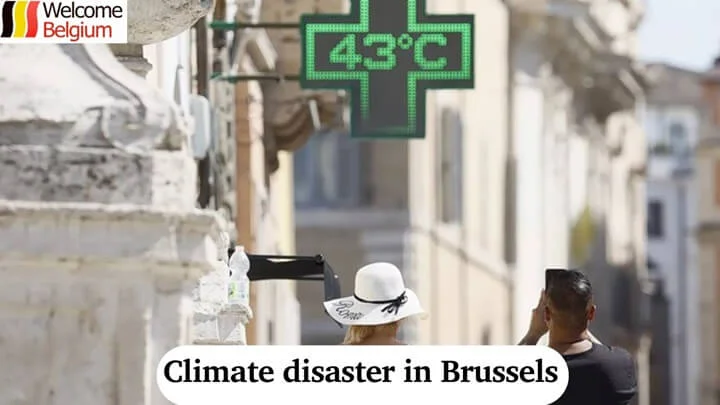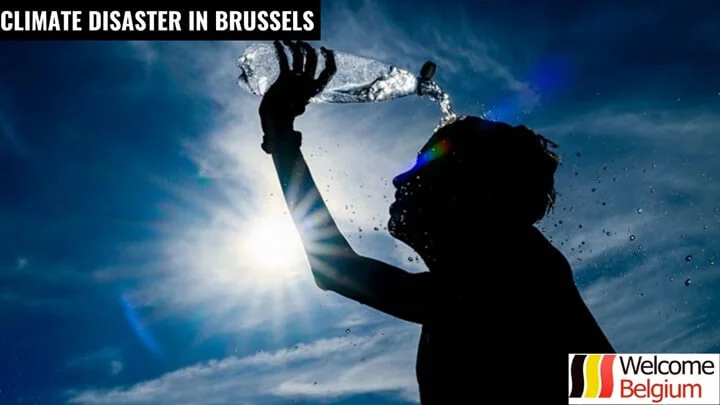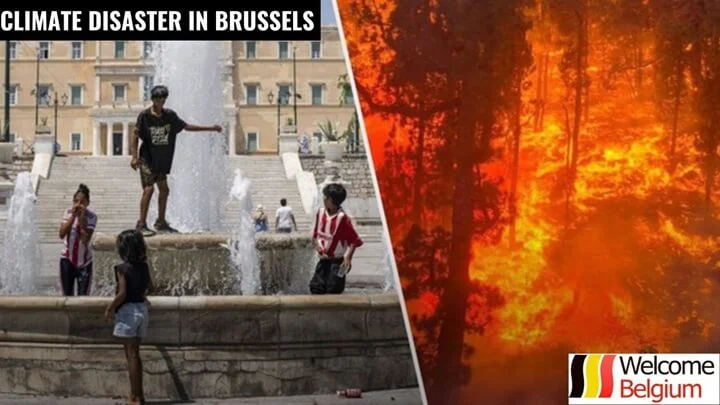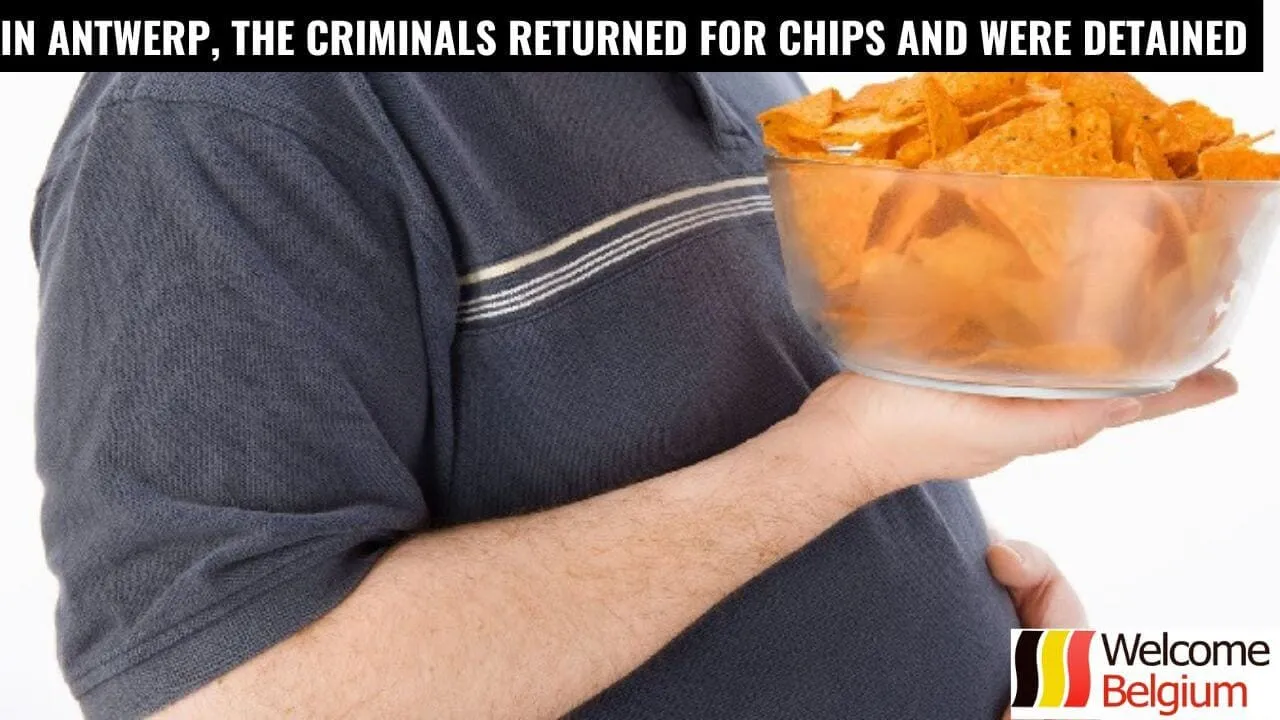In Europe, the dangerous trend of annual temperature rise continues. According to weather forecasters, this figure is rising twice as fast as normal. Over 70% of Europe’s population lives in cities, and by 2050 this could increase to 84%. This affects the general health of people whose bodies are not accustomed to such abnormal temperature effects.
Europe is vulnerable to climate change. It is experiencing sharp increases in temperatures, leading to increased heat-related mortality. The Urban Insight report, produced by Sweco, examined climate conditions for 24 European cities. Conclusions: Most metropolitan areas fail to develop effective heat management strategies.
Extreme temperatures in Europe have a serious impact on people’s health and increase energy consumption. This ultimately leads to increased costs. According to the report, over the past 20 years, mortality due to this has increased by about 30%. But most cities, including Brussels, do not pay enough attention to the problem of heat in their climate programs.
Brussels under threat due to heat wave
The capital of Belgium, like other big cities, is an island with a unique temperature system. Therefore, the temperature rise here is faster than in rural areas. In Brussels it can be up to 8°C higher than in surrounding areas. The number of days with heat levels between 26°C and 32°C is predicted to increase by 150% by 2100. During each period there will be about 9 hot days more than last year.
The frequency and intensity of heat waves in the city continues to increase. From 2015 to 2019, Brussels experienced at least one heat wave every year. By 2100, the number of such days may increase from 18 to 40. This provokes additional risks to health and urban infrastructure.
Nature-based solutions and urban planning
In response to the threat, Brussels has focused its efforts on introducing nature-based solutions. Some of them are the creation and expansion of green areas. It is planned to modernize the city infrastructure, which will increase the comfort of citizens. Urban planning is recognized as a key tool in the fight against climate change. The Brussels authorities will increase access to green spaces, as part of the urban greening program.
Experts note the need to pay more attention to protecting vulnerable groups. These include children and the elderly. At the first stage, it is planned to install and modernize climate-controlled cooling systems in social institutions.
Urgent measures to take today
The report highlights that Brussels heat mitigation and adaptation measures are urgently needed to combat heat waves. Proposed solutions include digital innovation, blue-green infrastructure and buildings with efficient active and passive cooling systems. It is also important to invest in data collection and analysis for more accurate monitoring and planning.
With the EU committing €680 billion in climate action between 2021 and 2027, European cities are being asked to step up their efforts to introduce new heat-busting methods to protect their residents from growing climate threats.





